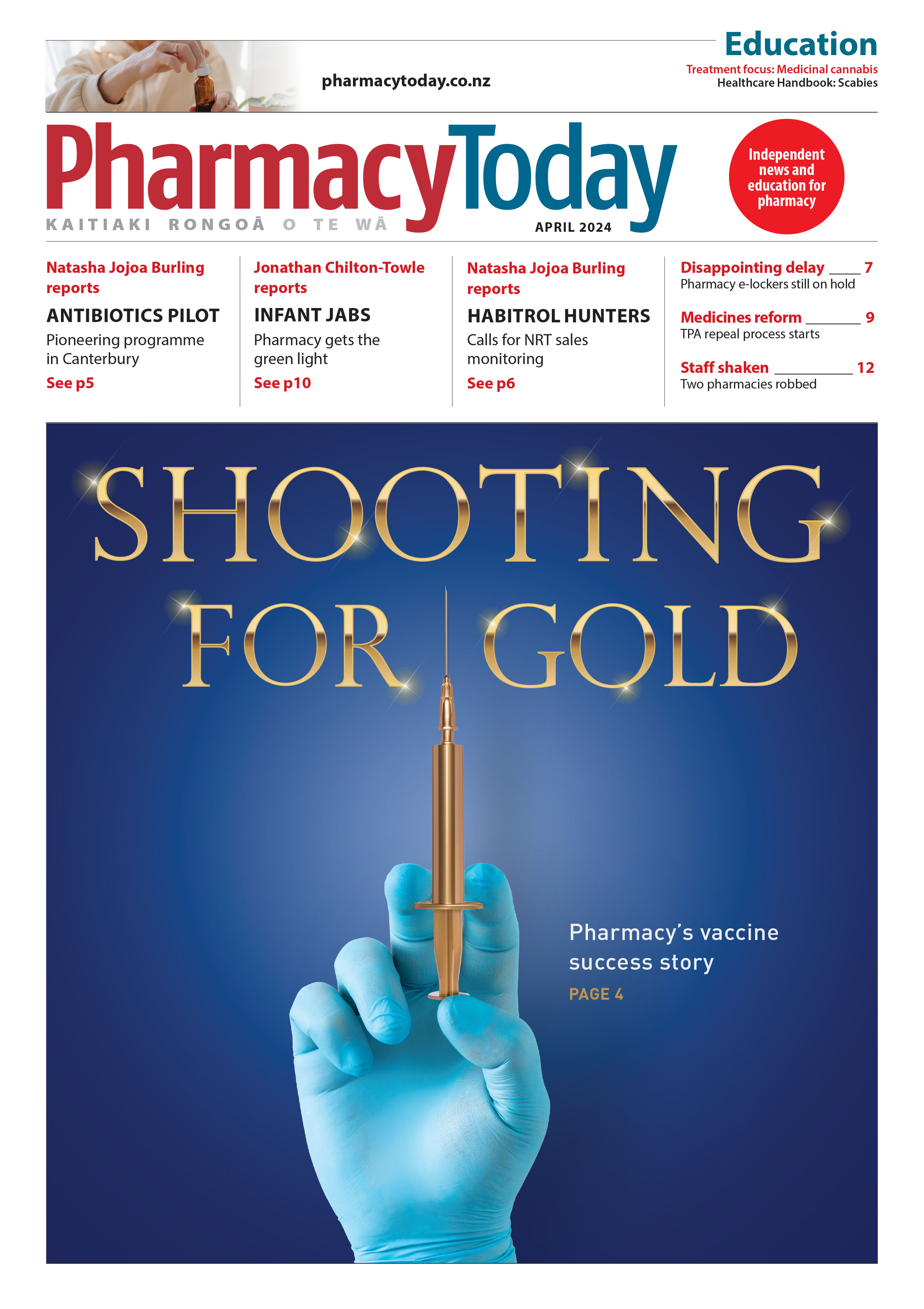In this article, Sue Frankland looks at the global problem of wastage of medications, including causes such as overprescribing and non-adherence. She also presents information from her master’s dissertation on how people understand, and respond to, medication expiration dates
Concerns about effects of fertility treatment on children’s development are unwarranted, large study suggests
Concerns about effects of fertility treatment on children’s development are unwarranted, large study suggests
Differences in the growth, weight, and body fat levels of children conceived through fertility treatment are small, and no longer apparent by late adolescence, finds new research.
The University of Bristol-led study, published in the American Medical Association’s open access medical journal JAMA Network, is the first to look at whether fertility treatment is associated with differences in growth, weight, and body fat from infancy to early adulthood.
The study included information collected by Growing Up in New Zealand, this country’s largest longitudinal study of child development which is following the lives of more than 6000 children from before they were born through until adulthood.
Since the first birth of a child by in vitro fertilisation (IVF), questions have been raised about the risks to children conceived this way. While previous studies have shown an increased risk of low birthweight and preterm birth in offspring conceived by assisted reproductive technology (ART), relatively little is known about long-term growth and weight gain.
The study, led by an international research group from the Assisted Reproductive Technology and Future Health (ART-Health) Cohort Collaboration, assessed whether conception by ART, which mostly involves IVF, was associated with differences in growth, weight, and body fat from infancy to early adulthood.
The study drew on data from 158,000 European, Asian-Pacific, and Canadian children conceived by ART including more than 6000 New Zealand children.
The team’s findings show those conceived using ART were on average shorter, lighter, and thinner from infancy up to early adolescence compared with their naturally conceived peers. However, the differences were small across all ages and reduced with older age.
Dr Ahmed Elhakeem, Senior Research Associate in Epidemiology at the University of Bristol, and lead study author, said “this is important work. Over the last three decades conception by ART has increased. In the UK just over one in 30 children have been conceived by ART, so we would expect on average one child in each primary school class to have been conceived this way. Since the first birth of a child by IVF, concerns have been raised about the risks to the children conceived.
“Parents and their children conceived by ART can be reassured that this might mean they are a little bit smaller and lighter from infancy to adolescence, but these differences are unlikely to have any health implications. We acknowledge it is important that as more people conceived by ART become adults, we continue to explore any potential health risks at older age.”
Dr Caroline Walker, a Senior Research Fellow at the University of Auckland, and a member of the Growing Up in New Zealand team who collaborated on the ART study says New Zealand has similar rates of infertility to the UK.
“In 2019 New Zealand fertility clinics reported nearly 8000 cycles of ART resulting in 1769 babies being born. This equates to approximately three percent of births in any given year”.
Dr Walker also noted the value in having New Zealand data included in the study.
“Because Growing Up in New Zealand is following the lives of a large cohort from before they were born through to adulthood, we are able understand specifically how things like ART impact New Zealand children over a long period of time. There are tens of thousands of children in New Zealand born as a result of fertility treatment and studies like this enable us to speak more confidently about outcomes for these children in a local context.”
The researchers say studies with larger samples at older ages are now needed. Other outcomes such as cardiometabolic risk factors following ART also require investigation. The collaboration network, developed as part of the study, will facilitate future research into health outcomes following ART.
The study, funded by the European Research Council under the European Union’s Horizon 2020 research and innovation program, Medical Research Council (MRC), British Heart Foundation (BHF) and National Institute for Health and Care Research Bristol Biomedical Research Centre.





